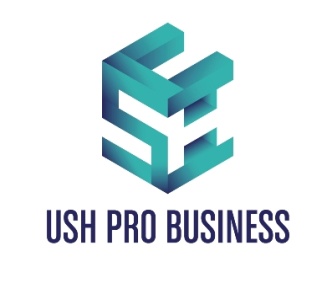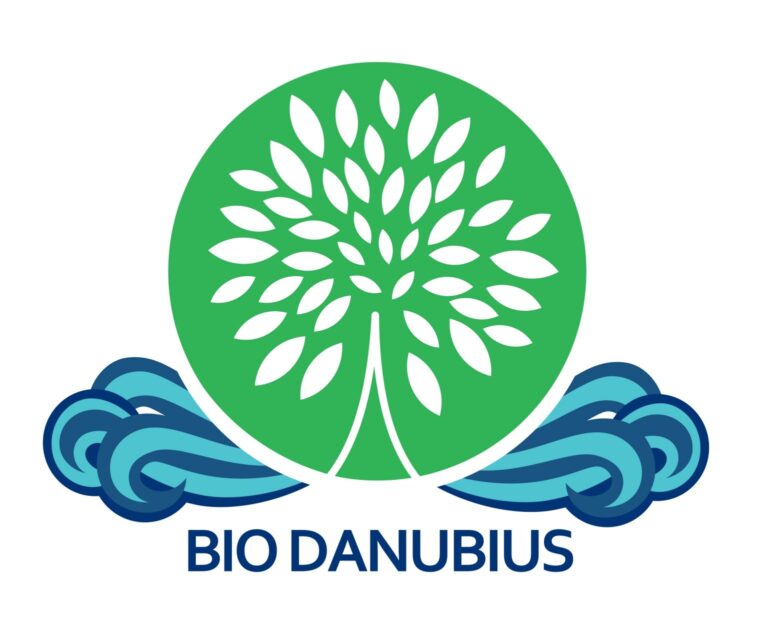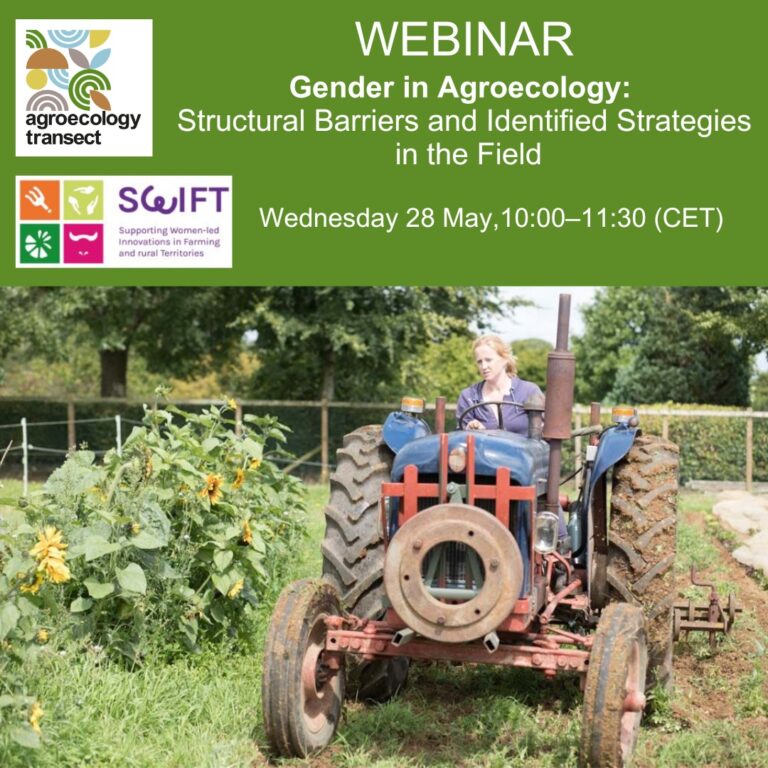Thoughts on the session of Strategic Advisory board
Our Strategic Advisory board participated to our 1st Annual Meeting, and provided us with an outside perspective on work, and some challenges. They expressed a general positive consensus that Agroecology-TRANSECT is an ambitious project with committed partners. They pointed out the strong concepts and frameworks, good network building, and good efforts for the evaluation and reflections. SAB members appreciated our Theory of Change approach, and advised that the project should take seriously the recommendations that came out of the LH analysis and keep track of how they are followed.
In spite the initial standardization efforts during the IH selection process, they pointed out that all IHs do not have the same ambition on food system redesign. This opened an interesting debate on whether initiatives that only look at one or few principles can be called „agroecological” or not. An advice was not to spend too much time arguing about conceptualizing, but rather think about what the project needs to operationalize to achieve its goals. It seems that there is no real mismatch, but rather different focusses between the principles proposed by High Level Panel of FAO and the pillars of Nyéléni declaration. Accepting diversity and not being „obsessed” by definitions and coherence will deliver more impactful outcomes. However, this debate encourages us to propose an opinion paper on how these different visions of Agroecology could represent an opportunity to facilitate the adoption of Agroecology by a larger number of stakeholders.
Improving internal collaboration within the project
Based on the IH and WP Learning Histories and feedback during the 1st Annual Meeting, expectations on what is needed for a successful year 2 of the project were voiced.
One need expressed is to deepen cross-collaborations, both across WPs, and between the IHs and the WPs. For instance, bridging the gap between local initiatives and those who make decision in Brussels will require strengthening interactions between WP3 and the IH network, and WP6, while ensuring that these interactions are balanced and reciprocal.
A way to support this is through the governance of the project: ExCom meetings were opened in June and September to two IH facilitators, Yanka Kazakova and Julie Duval, to include the perspective of IHs in ExCom discussions, and facilitate the flow of information. We will review with them their involvement in our next ExCom meeting in December. Jonas Egmose was also invited to our last ExCom to think on how we could best benefit from LHs during the AM in Namur, and will continue to participate when needed.
In addition, we will be initiating a reflection on ExCom meetings, on whether to increase their frequency, what to focus on during the meetings, and how to open the meetings up to more participants to ensure viewpoints from the consortium are taken into account.
Collaboration through sharing results
Another important expectation for the next year is to find more spaces to discuss the content of the project and share its outputs, both within and outside the consortium. Such activities could also promote co-creation.
As proposed during the Annual Meeting, the webinars mentioned in our contract the EC under the WP7 will serve as a means to bring together people, knowledge and capacities, through monthly 1 hour online meetings. Over 25 topics were proposed for these webinars (e.g. Human health effects of grass-based diets; How to engage policy makers in IH plans?; Peer to peer learning for IHs, etc.).
Task 3.1 & WP7 will then get back IHs and WPs regarding the selection of topics and the organization of the webinars, which may be internal to the consortium or open to outside participation (e.g. to Visionary, Agrosus and GOOD partners), depending on whether they could contribute to our overall dissemination.
Sharing our results outside with stakeholders is also a central task, and can also be a means for further collaboration across WPs and IHs. Therefore, if there are any upcoming key conferences please share this information with Bertrand, so we make the most of all dissemination opportunities, and plan collectively to deliver our message.
Dissemination and communication rules
As was reminded in the WP1 presentation during the last day of the Annual Meeting, partners need to follow several contractual obligations regarding their communication and dissemination actions.
Pages were added on the SharePoint, which provide instructions on 1) information on the required funding acknowledgement, disclaimer, and how to ensure open access; 2) when and how to notify the consortium of any dissemination action linked to the project’s results; and 3) how to report the submitted publications to the EC. Please note that not respecting these obligations could lead to difficulties in getting our periodic reports approved.
Since our 1st Annual Meeting…
…Walter participated to EU CAP Network brokerage event “Accelerating the innovation process through Horizon Europe multiactor projects”, where he presented our approach and methods.
…Guy, Clelia and Sebastian organized zoom meetings with Lukas Visel, Carmen Preising and Elena Montani from European Commissioner cabinets, during with they expressed researcher concerns about the Nature Restoration Law and other topics of the Commission agenda.
…Bertrand visited the Guadeloupe IH to strengthen collaboration with local teams.




